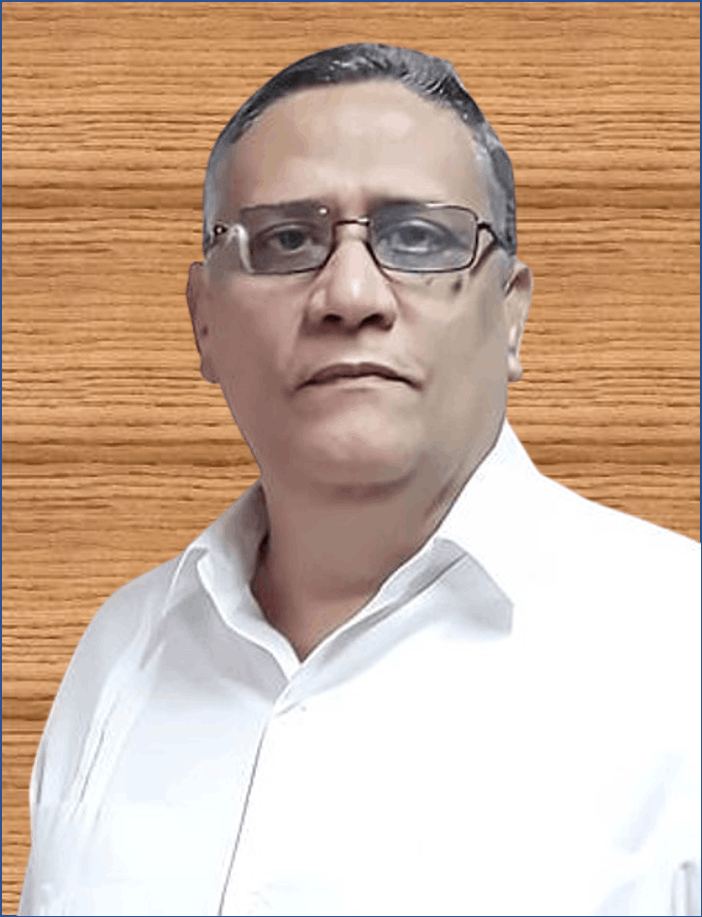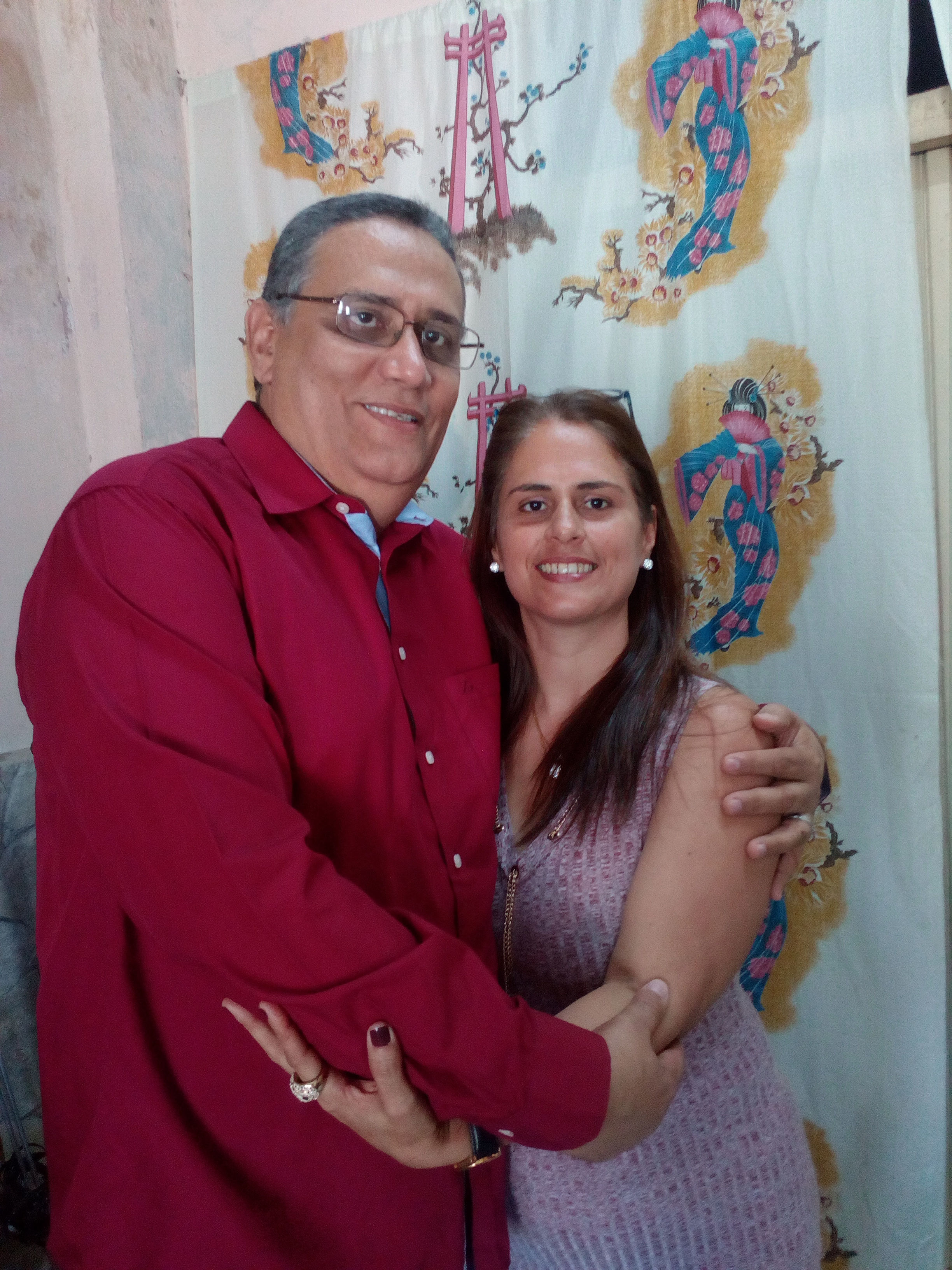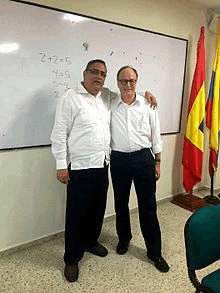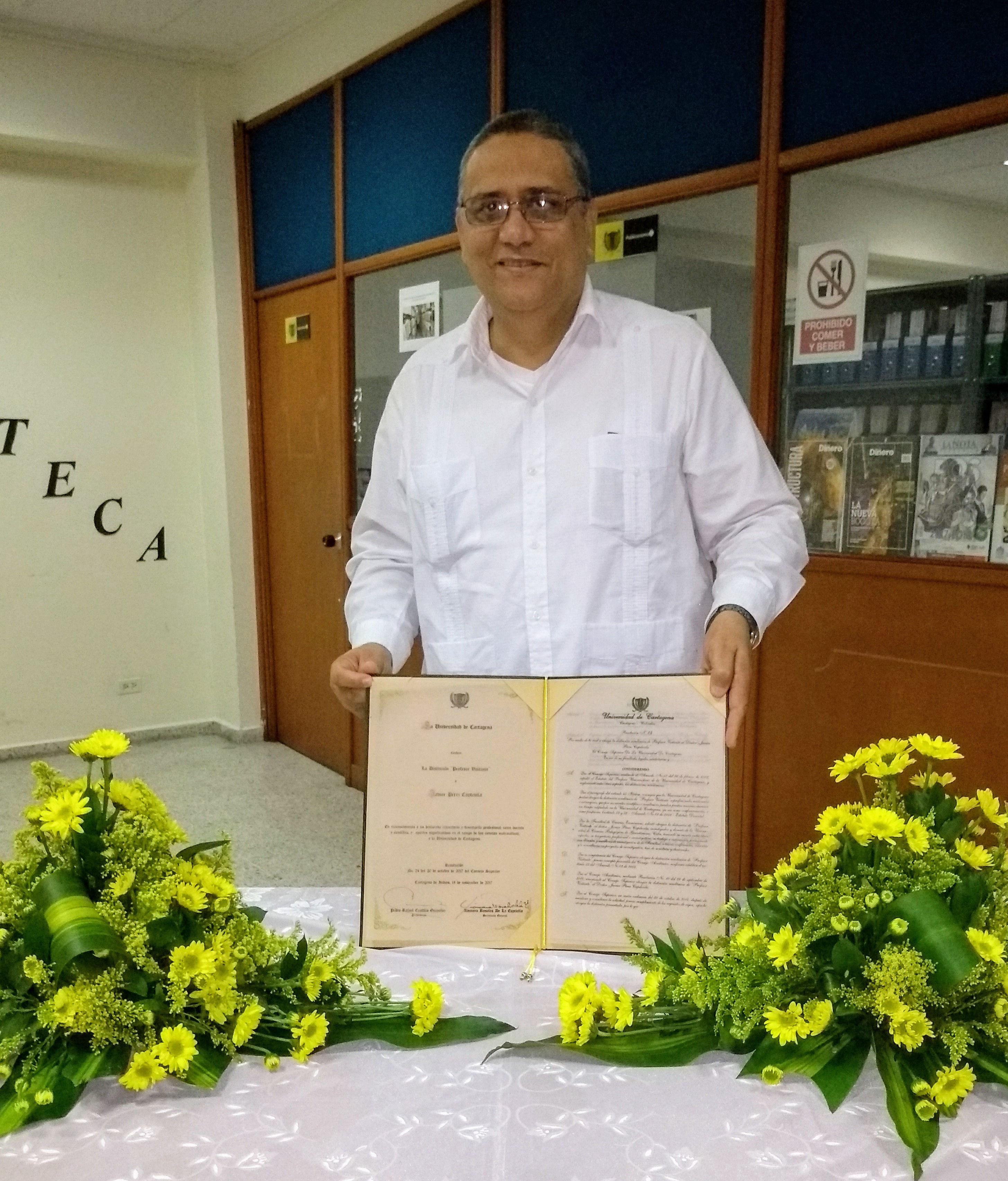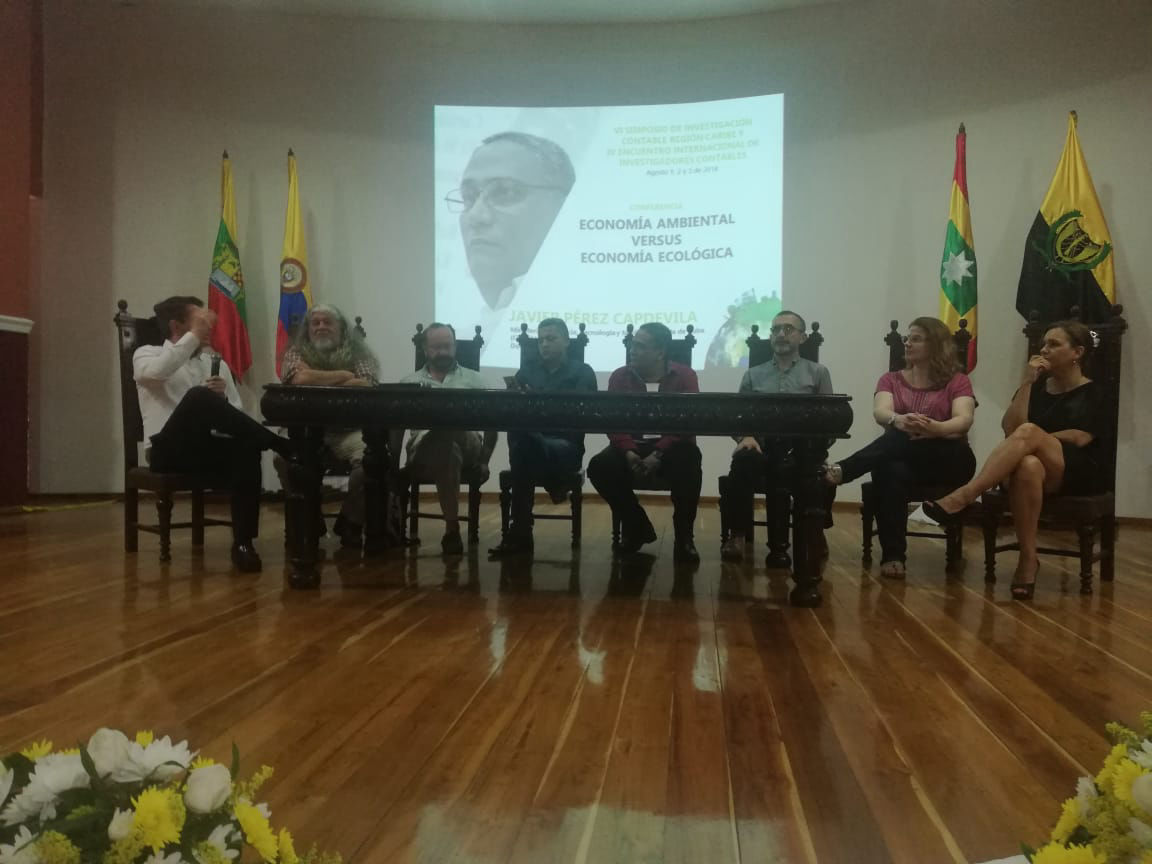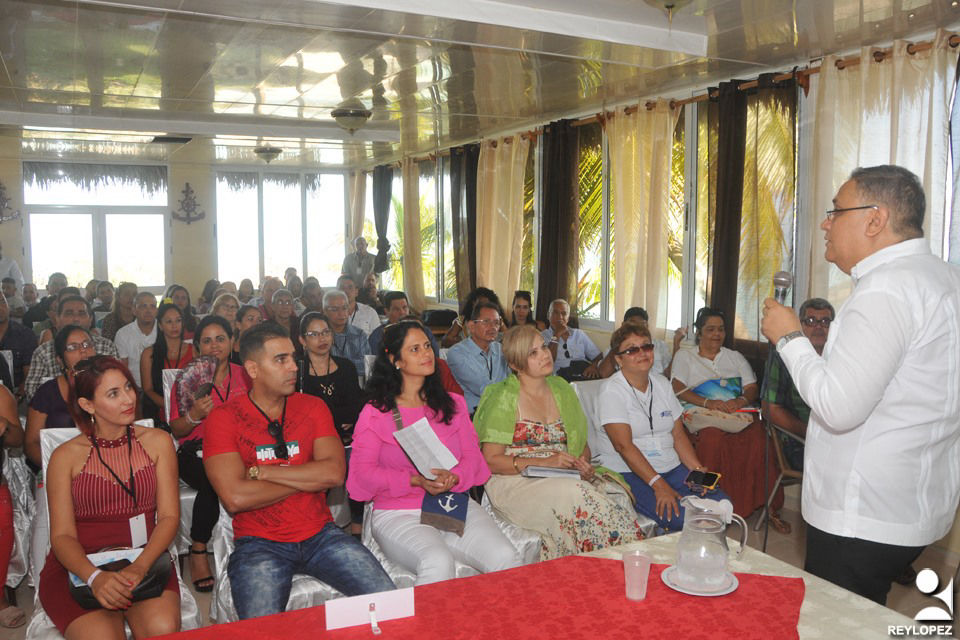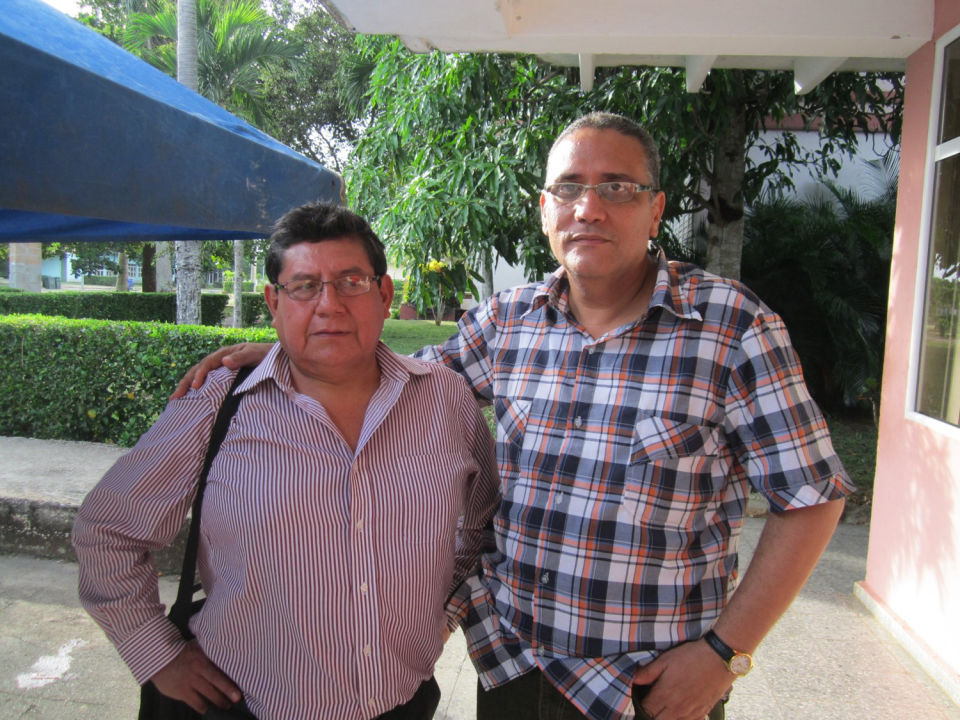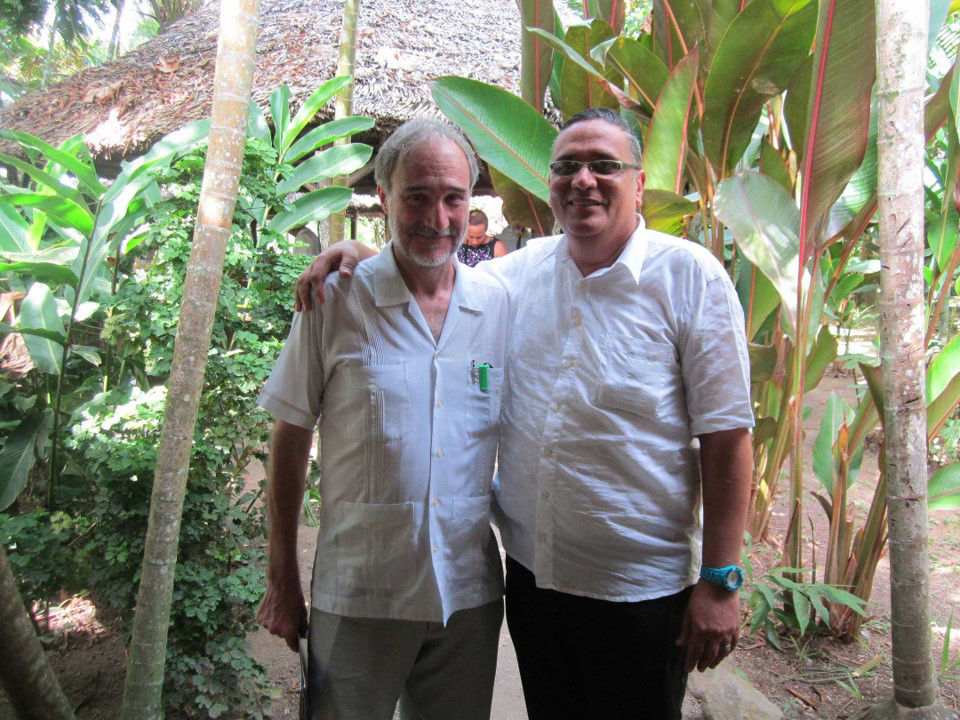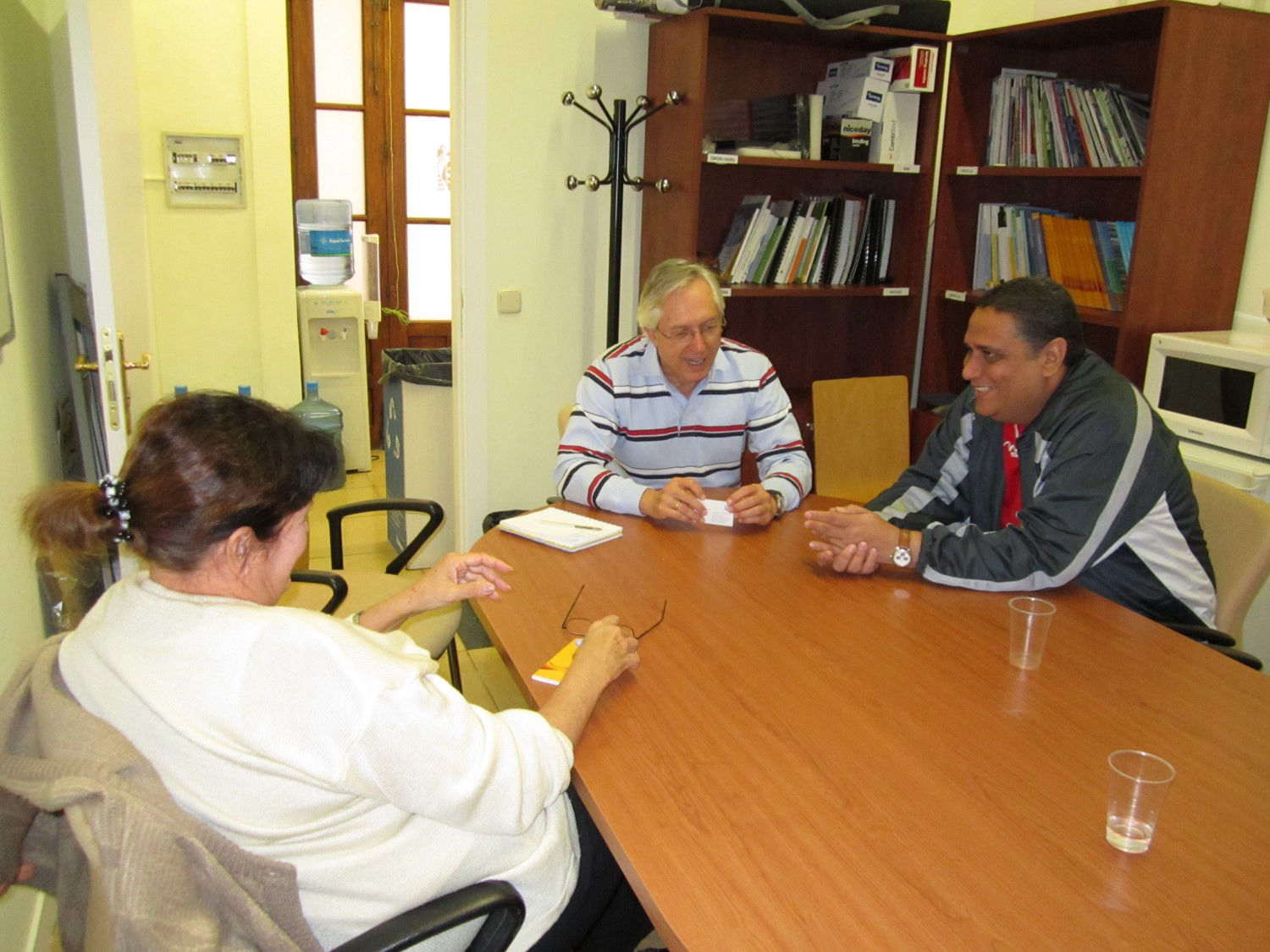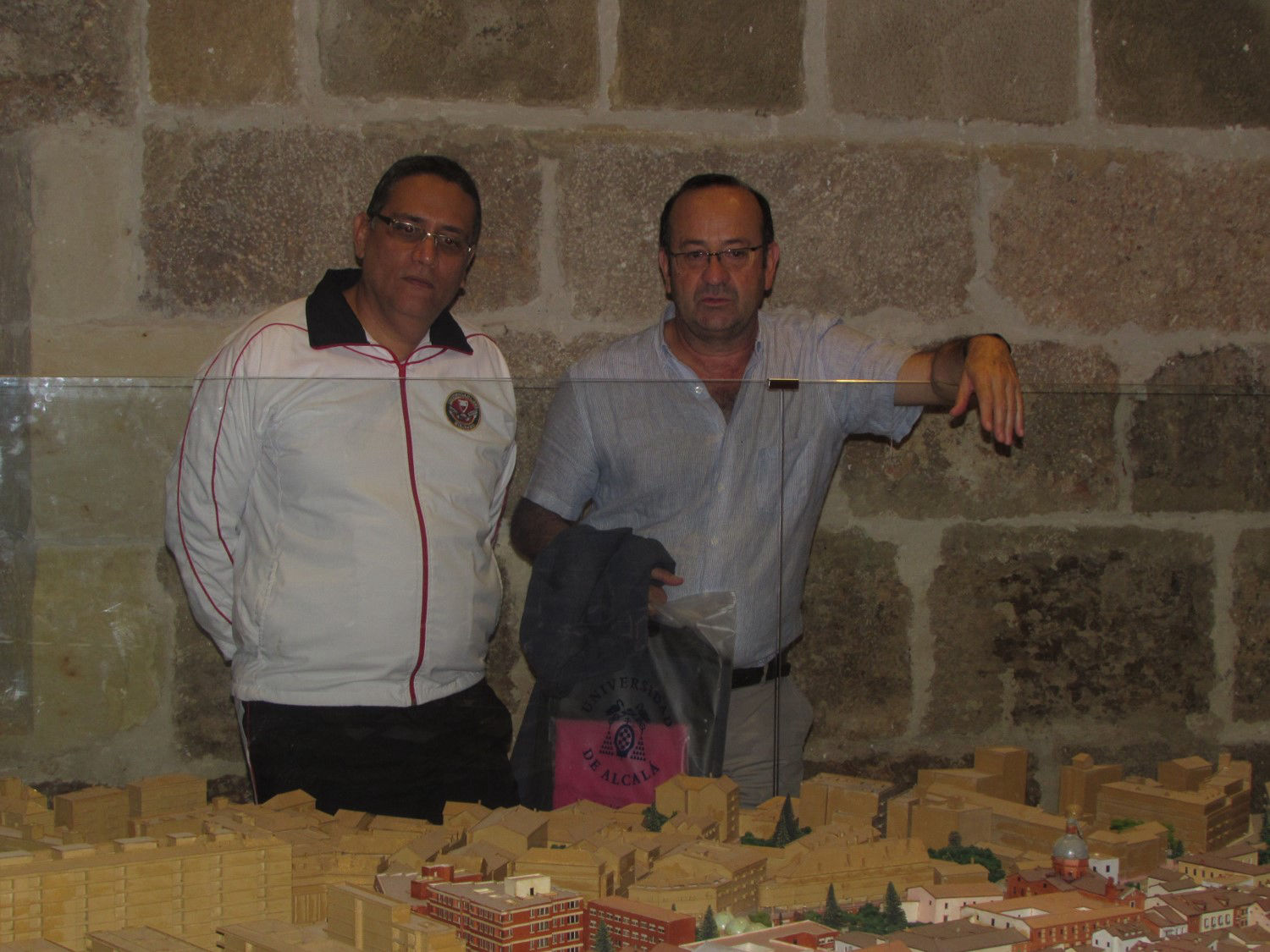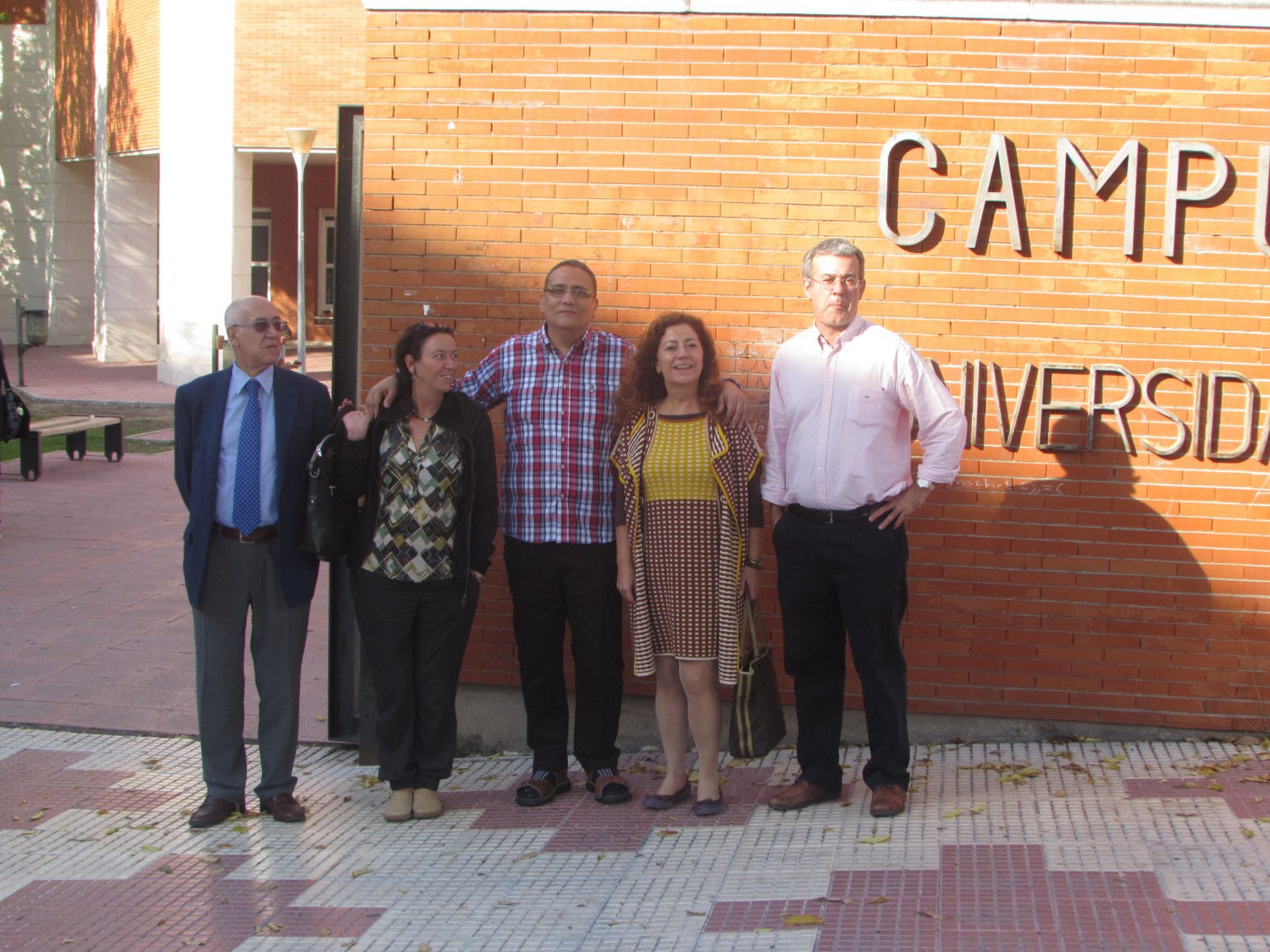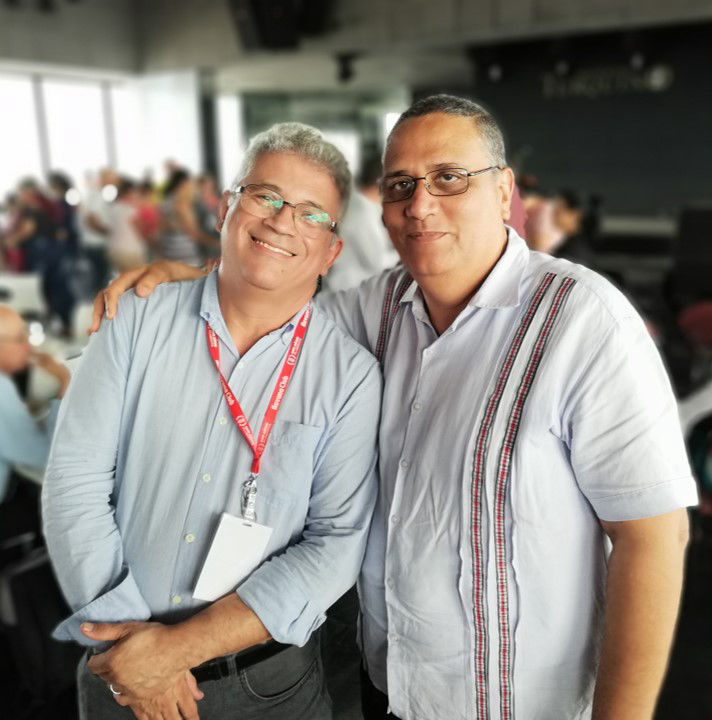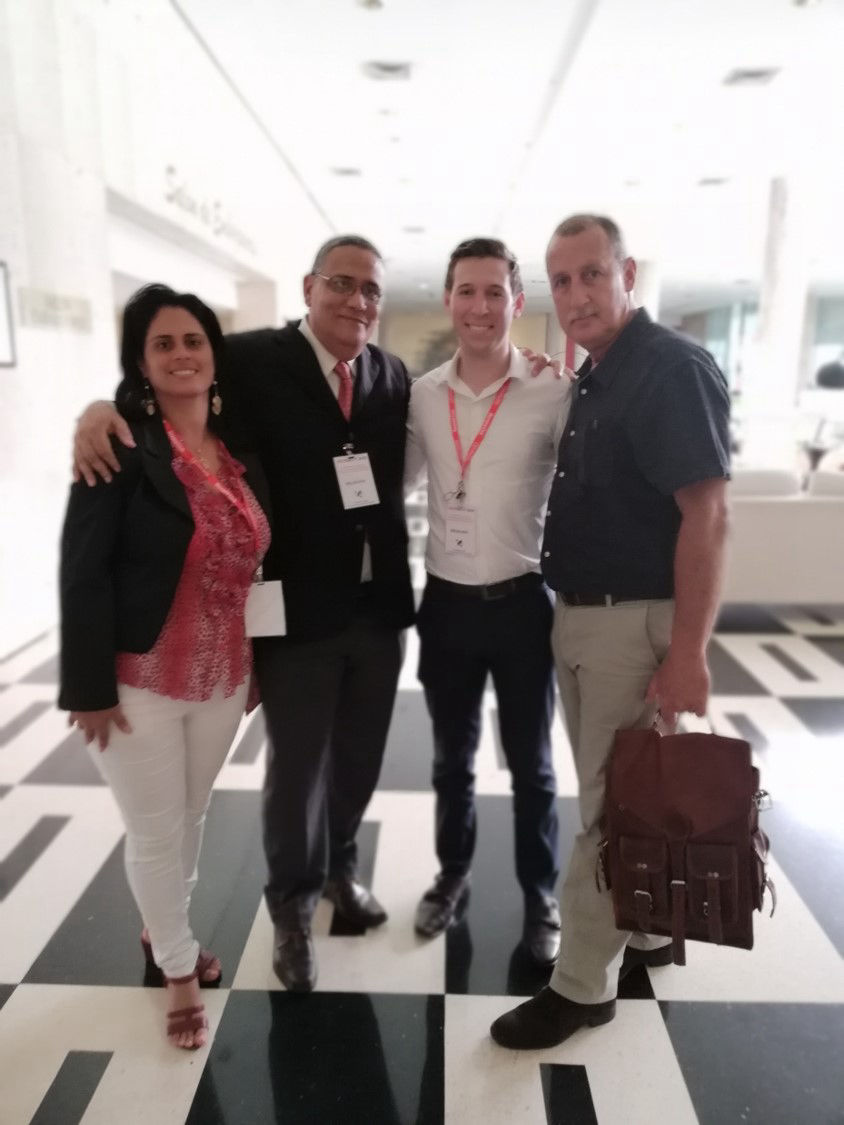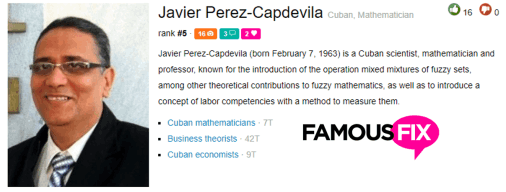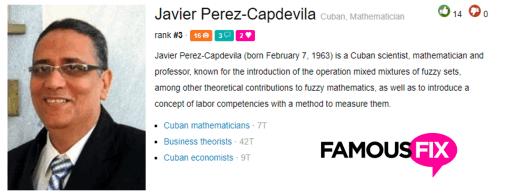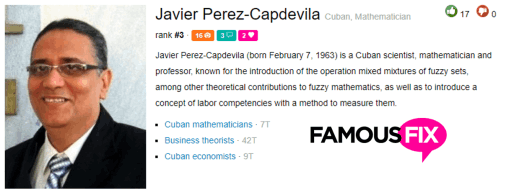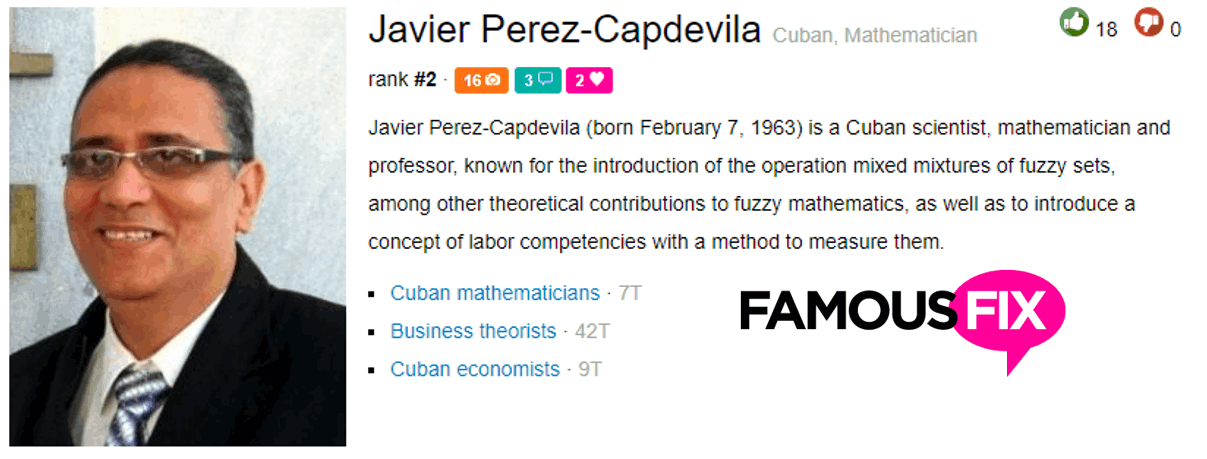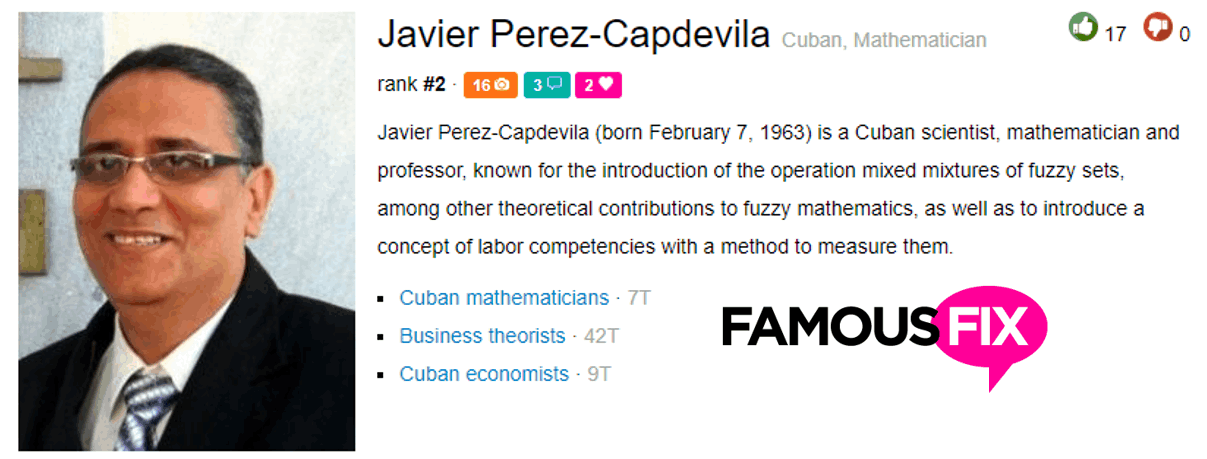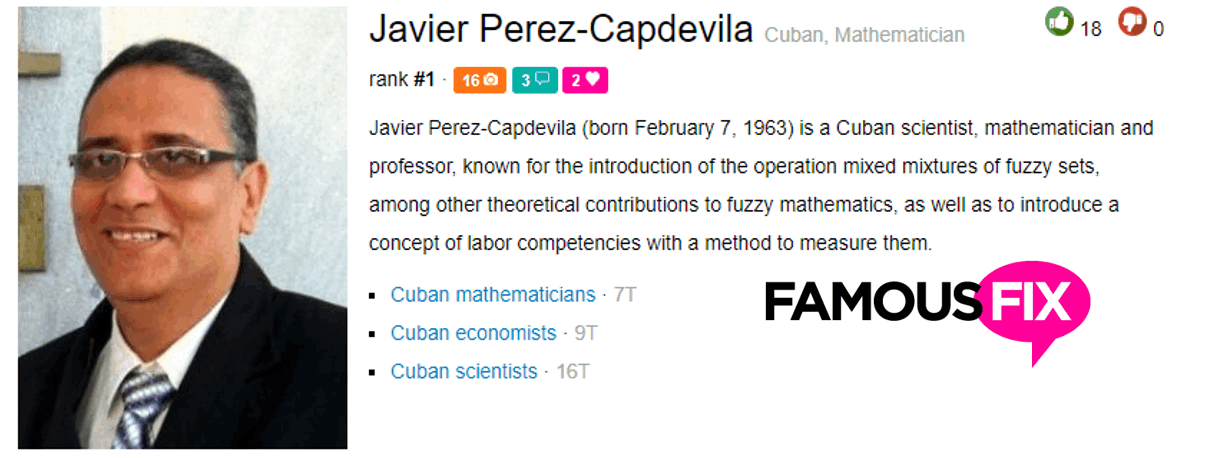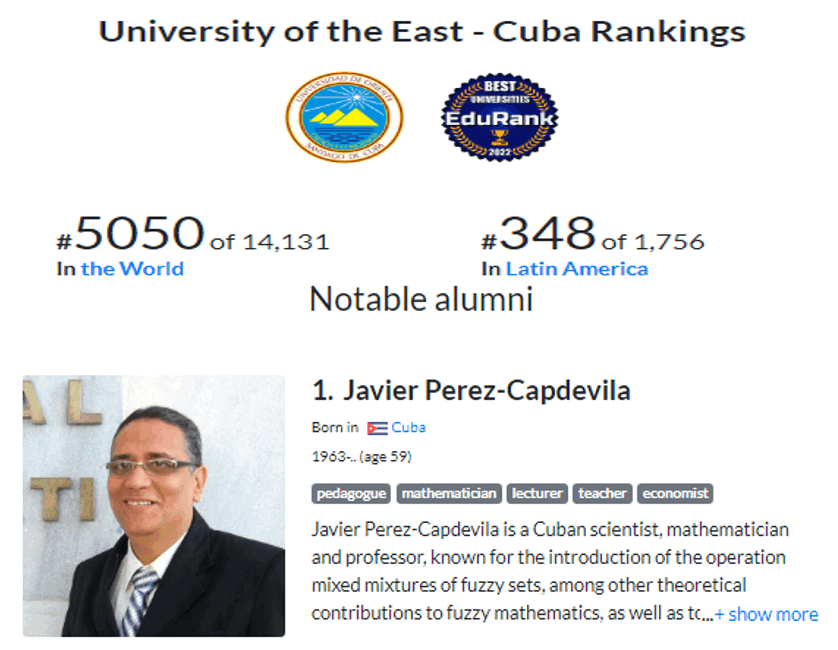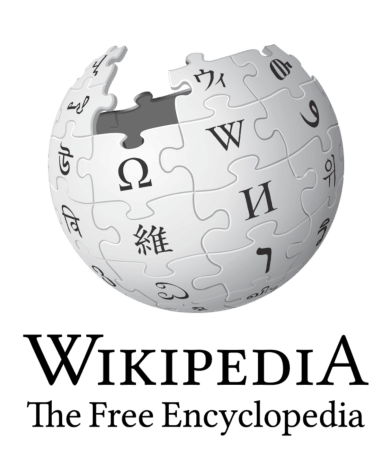Articles1. Mathematical statistical method to identify the status of COVID-19 in relation to the epidemic peak. Scientific Information Magazine. Vol. 99, No. 6 (2020). ISSN 1028-9933
2. Prediction of the probability of bleeding from the use of warfarin sodium. Cuban Magazine of Pharmacy. Vol. 52, No. 3 (2019). ISSN 1561-2988.
3. Predictive model of the risk of death due to pneumonia associated with mechanical ventilation. Cuban Journal of Medical Informatics. Vol. 11, No. 2, July-December, 2019: 90-99. ISSN 1684-1859.
4. Evidence of bad practices in criticism of bibliography and bibliographic references. Magazine "EduSol". Vol. 19, No. 69, October-December, 2019. ISSN 1729-8091.
5. Essential aspects of arbitration in scientific journals. Scientific Information Magazine. Vol. 98, No. 5, 2019. ISSN 1028-9933.
6. Model of the probability of death due to cardiac arrhythmia in patients with ischemic cardiomyopathy. Cuban Journal of Intensive and Emergency Medicine. Vol. 18 No. 2, 1-14, 2019. ISSN 1810-2352.
7. Factors related to mortality from ventilator-associated pneumonia in older adults. Electronic Magazine Dr. Zoilo E. Marinello Vidaurreta. Vol. 43, No. 5, 2018. ISSN 1029-3027.
8. Habitual expressions and actions that hinder scientific investigations. Magazine "EduSol". Vol. 18, No. 65, October-December, 2017. ISSN 1729-8091.15.
9. Interdependence between class quality and promotion at the University. Magazine "EduSol". Vol. 17, No. 58, January-March, 2017. ISSN 1729-8091.15.
10. Differences between politics and science in Cuba. Magazine "Knowledge, science and freedom." Vol. 11, no.2. Year 2016. ISSN: 1794-7154.16.
11. Critical analysis of a normative document. Cuban Standard 3000. Magazine "Ciencias Holguín". Vol. 22, No.3, July-September, 2016. ISSN 1027-2127.
12. On the mixture of fuzzy sets and examples of application in management. Economic Panorama Magazine. Volume 23, year 2015. ISSN 0122-8900.
13. Cost-benefit analysis of invasive alien species. Revista Hombre, Ciencia y Tecnología Vol. 19, No. 1, January-March pp. 58-65, 2015. ISSN: 1028-0871.
14. Theoretical contributions to Blurred Mathematics. Advanced Scientific Journal Vol. 17, No 1. (January-April 2014), pp. 16-24. ISSN 1029-3450.
15. Attacks against scientific publications. Knowledge, science and freedom magazine. Vol. 8, no.1 3. Year 2013. ISSN: 1794-7154.
16. Lonely mountains need company. Man, Science and Technology Magazine. No. 68. Year 2013. ISSN 1028-0871.
17. A theory of adequacy. Advanced Scientific Journal Vol. 16 No. 1. (January-April 2013). ISSN 1029-3450.
18. Measurement of skills and monetary impact on salary payment. Science Magazine on your PC. №2, (April-June, 2012). ISSN 1027-2887.
